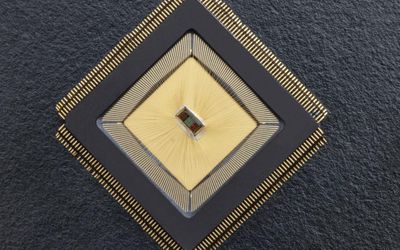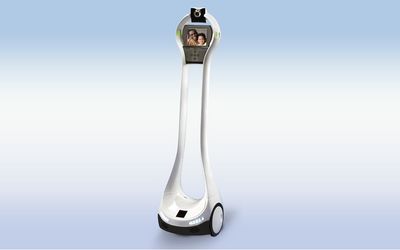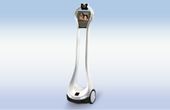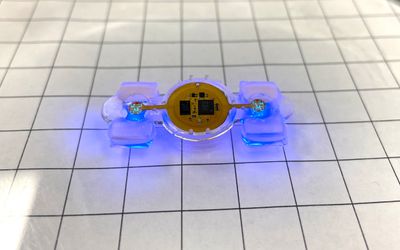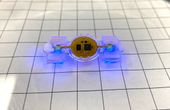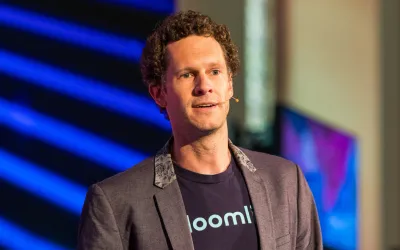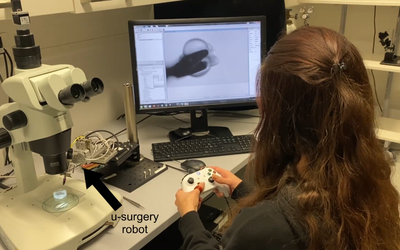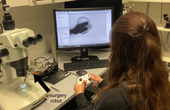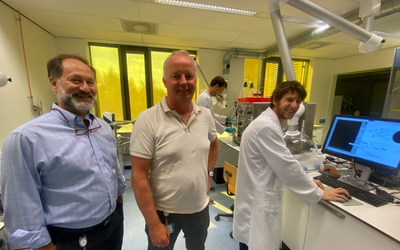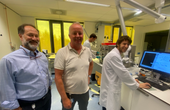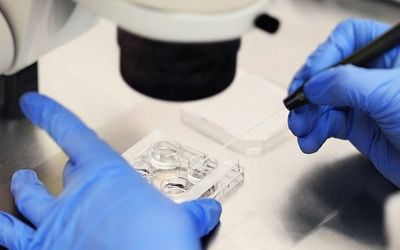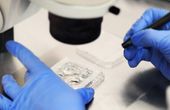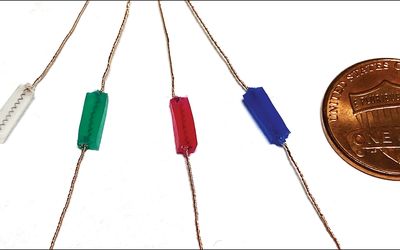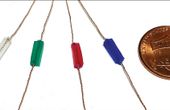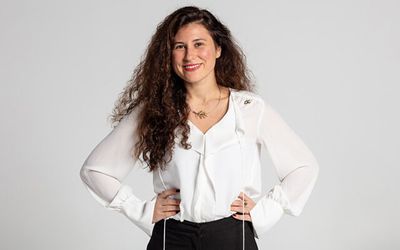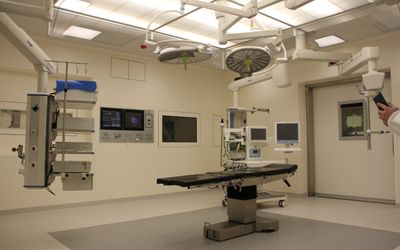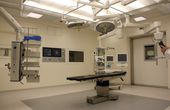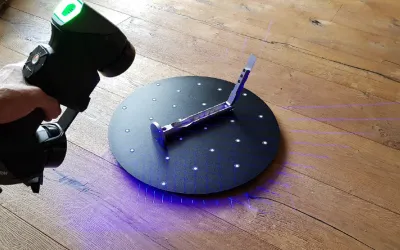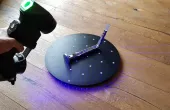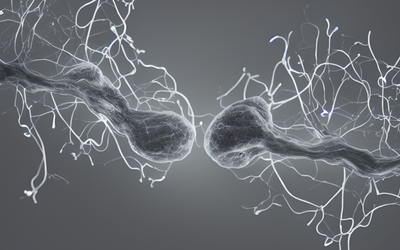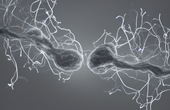Tagged with
healthcare
Latest Posts
The hybrid “eBiobots” are the first to combine soft materials, living muscle and microelectronics, said researchers at the University of Illinois Urbana-Champaign, Northwestern University and collaborating institutions. They described their centimeter-scale biological machines in the journal Science Robotics.
Choosing a material for new Medical Device Development can have a major influence throughout your medical device life cycle, from design, prototyping, testing, regulatory approvals, and mass production to commercialization and even disposal. Every material has certain characteristics, which should be in consistent with the properties of the medical device as well as final applications.
Fe+male Tech Heroes Roles Models 36 - Julien Penders: 'Reality is a relative concept, and we must understand that when designing a product.'
The Fe+male Tech Heroes was initially designed as a platform from women to (primarily) women. Over the years, our network has expanded and reached many men who understand that diverse input is pivotal for the success of any project. One of those smart minds is Julien Penders, who believes initiatives like ours are crucial to inspire the younger generation and change society for the better.
Success lies in open innovation and forging partnerships to further develop deep-tech, medical applications for its technology. So, at first glance, Eindhoven and its semiconductor and deep-tech focus isn’t the obvious place for a pharma company. Yet the founders of Emultech knew they needed to be here, and time has proved them right.
Fe+male Tech Heroes Role Models 34 - Sophia-Eriola Shanko: 'If we are going to have an effect on other people, let's make it a positive one.'
As an Inspiring 50 award-winner and startup founder, Greek-Albanian Sophia-Eriola Shanko is a first-time entrepreneur. She has a BSc in Control Systems Engineering, graduating in a classroom with two girls and 100 boys. She pursued a fully EU-funded MSc on Semiconductors and obtained her Ph.D. at TU Eindhoven.
